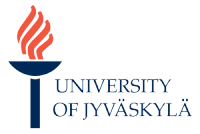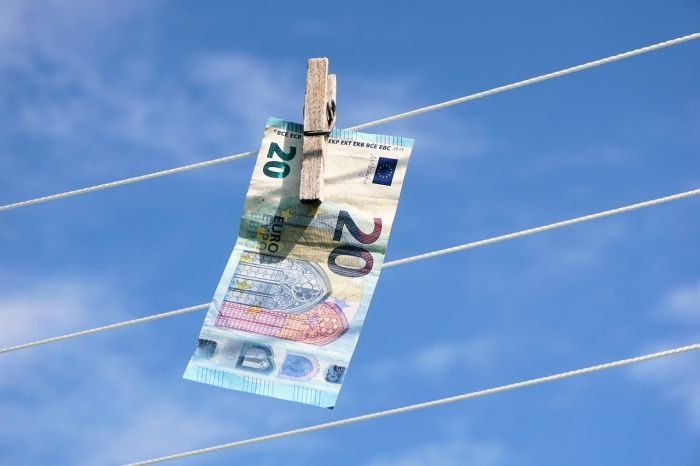Investigative journalists have a played an important role in exposing corruption around the world. Ester Pollack of Stockholm University and Sigurd Allern of the University of Oslo, studied the work of investigative journalists in revealing large-scale corruption related to the expansion of Nordic telecom companies in Uzbekistan.
The research is based on qualitative interviews with six investigative journalists from four news organisations in Sweden and Norway, and a review of news reportages from five news organizations during 2008-2016.
The Uzbekistan telecom corruption case demonstrates that corruption is not limited to societies with weak or non-existent democratic traditions. It also creates temptation for international companies to exploit the opportunities available in countries with weaker democratic traditions.
Without investigative journalists, the telecom corruption would have continued more freely and for much longer, the authors write. Cooperation across borders and media organizations was also important in the case. In a competitive media environment, this kind of cooperation is quite rare.
Most news organizations don’t have the resources nor competence to carry out big investigations, researchers conclude. This was also the case with Uzbekistan, where a limited number of journalists from only a few media outlets did most of the work. However, even a few media disclosures can have consequences that lead to more societal impact: other media following up, political enquiries and court decisions.
The article “Disclosure of Scandinavian telecom companies’ corruption in Uzbekistan” was published in the European Journal of Communication and is available online (free abstract).















